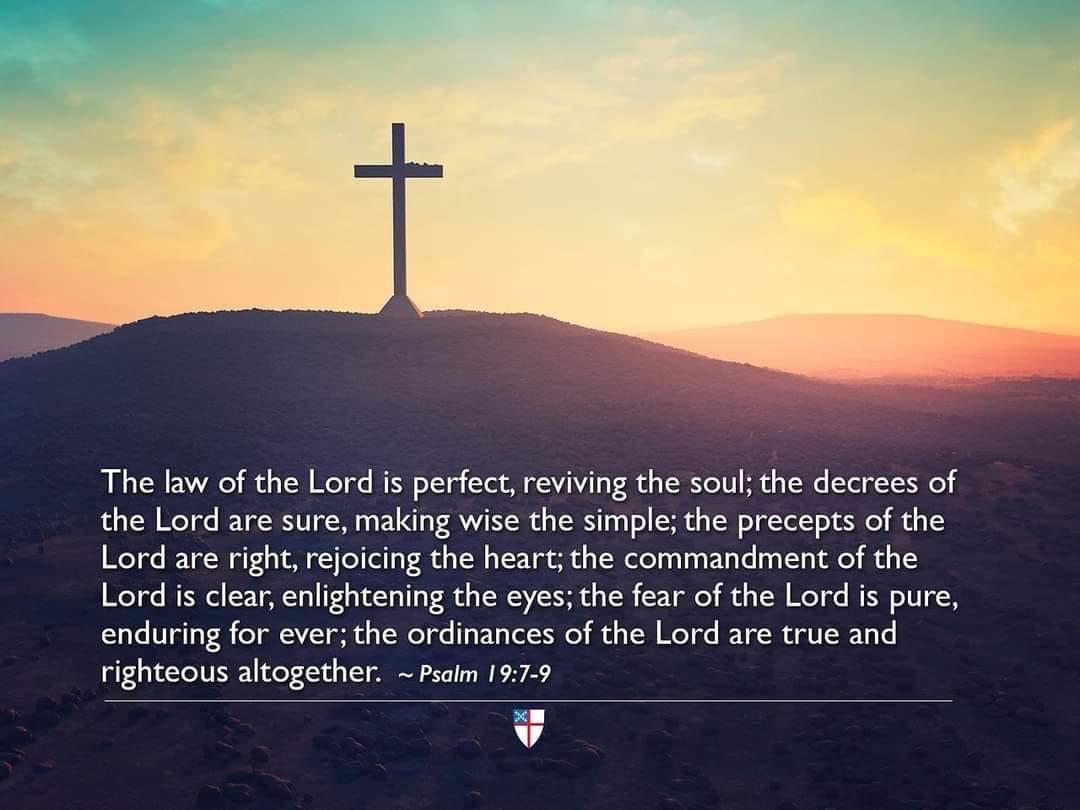A reading, a reflection and a prayer
Acts 15: 12 – 21
Then certain individuals came down from Judea and were teaching the brothers, ‘Unless you are circumcised according to the custom of Moses, you cannot be saved.’ And after Paul and Barnabas had no small dissension and debate with them, Paul and Barnabas and some of the others were appointed to go up to Jerusalem to discuss this question with the apostles and the elders. So they were sent on their way by the church, and as they passed through both Phoenicia and Samaria, they reported the conversion of the Gentiles, and brought great joy to all the believers. When they came to Jerusalem, they were welcomed by the church and the apostles and the elders, and they reported all that God had done with them. But some believers who belonged to the sect of the Pharisees stood up and said, ‘It is necessary for them to be circumcised and ordered to keep the law of Moses.’ The apostles and the elders met together to consider this matter. After there had been much debate, Peter stood up and said to them, ‘My brothers, you know that in the early days God made a choice among you, that I should be the one through whom the Gentiles would hear the message of the good news and become believers. And God, who knows the human heart, testified to them by giving them the Holy Spirit, just as he did to us; and in cleansing their hearts by faith he has made no distinction between them and us. Now therefore why are you putting God to the test by placing on the neck of the disciples a yoke that neither our ancestors nor we have been able to bear? On the contrary, we believe that we will be saved through the grace of the Lord Jesus, just as they will.’
Reflection
The early Church debates circumcision in this passage – and (spoiler alert), James will come down on Paul’s side in tomorrow’s reading, and agree that circumcision is not necessary. However, although the practice is relatively rare in the UK (only about 9% of men are circumcised, mainly Jewish and Muslim men), it remains popular in North America, and is advocated as a way of preventing HIV transmission, particularly by agencies working in southern Africa. The arguments continue – but on a rather different basis than before. While the Judeans were arguing it was essential for salvation, today’s concerns include the ethics of performing surgery on infants that is not medically necessary, and the possible health benefits for men and their partners, as well as questions of tradition and belonging.
It’s important to note that these are not the reasons that Paul is against the practice; rather he argues against ‘placing on the neck of the disciples a yoke that neither our ancestors nor we have been able to bear’. In a context in which Church attendance has been declining for many years across most traditions, do these words speak to us too? Do we feel guilty that we cannot sustain the institutions and practices we grew up with, which we feel were entrusted to us by previous generations?
I often think of a story Stephen Thornton told when he was Training Officer in Wessex; when the Iron Curtain fell, Eastern European churches asked Western churches how to reach out to children and young people now that it was possible – and were told ‘whatever you do, don’t copy us’! – church leaders were conscious then that our patterns were not enabling us to connect with many younger people – and the challenge has only got greater since then.
If Paul were with us today, what are the assumptions that he’d be urging us to ditch, in order to spread the Gospel to people in 21st century Britain and beyond?
Prayer
Lord,
We give thanks for the example of the early Church, as they debated how Christians should live, listening to each other and the Holy Spirit working among them.
As we seek to be your church today, help us to be honest about our questions and concerns, and help us remove yokes that get in the way of preaching, teaching and living your Gospel.
Be with us if we feel pain or guilt about what passes, and inspire us to embrace what is next.
Amen.



